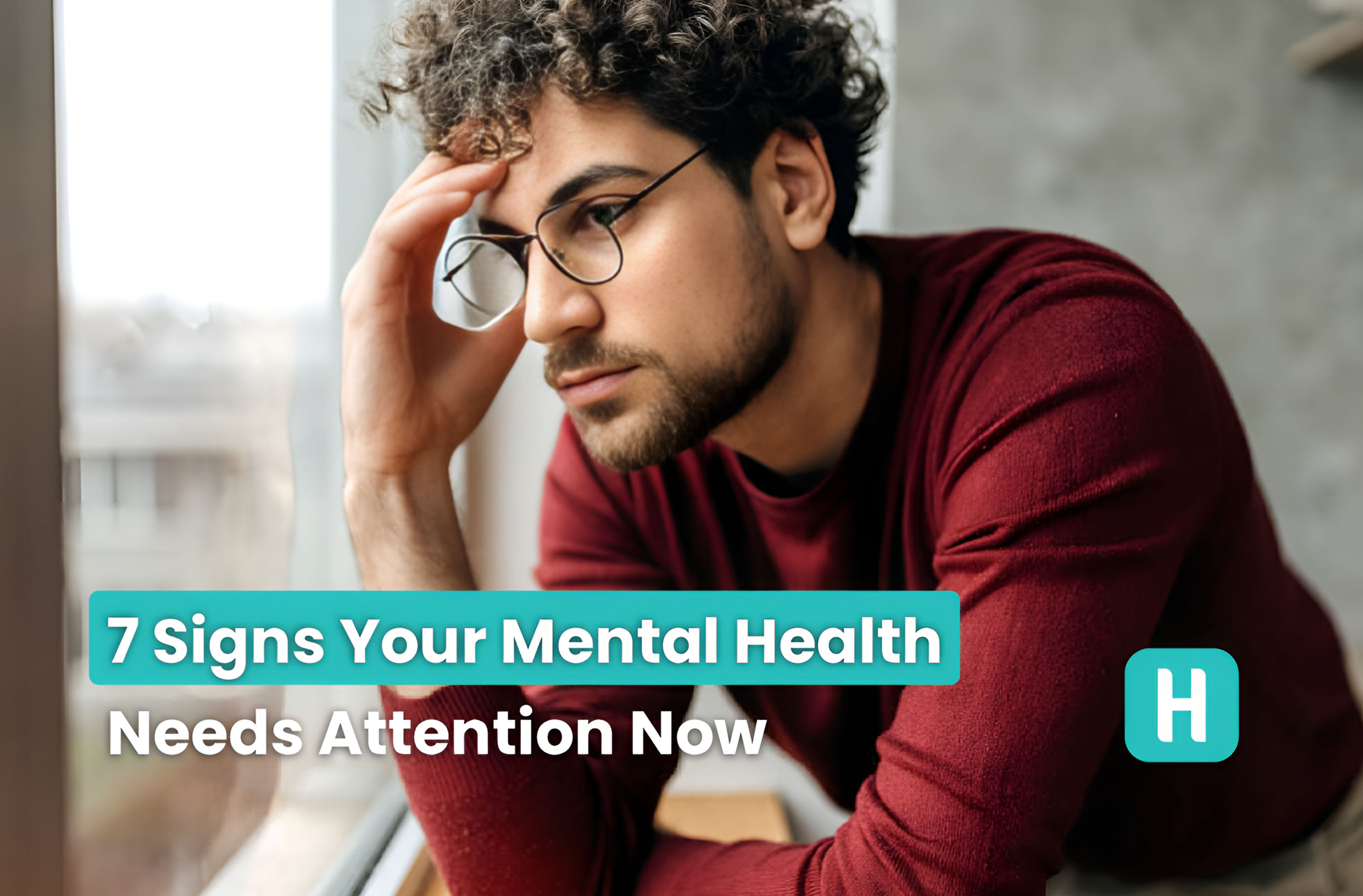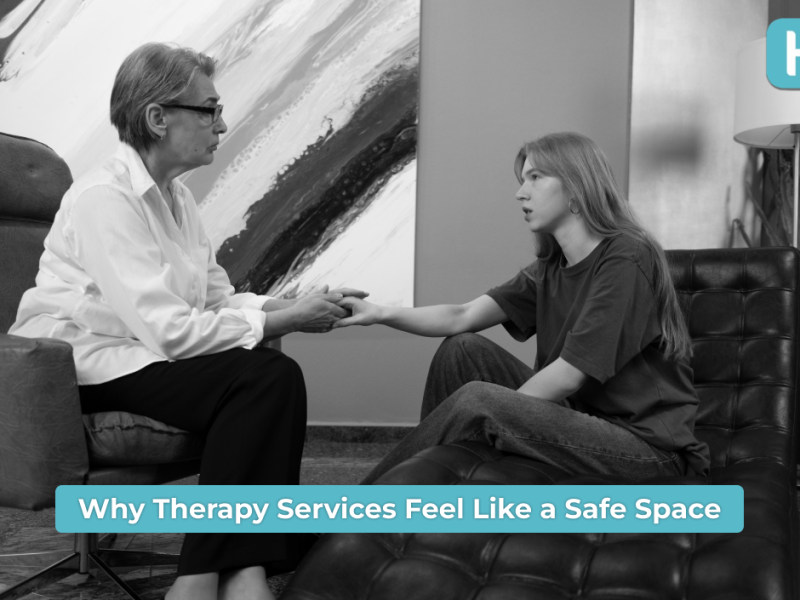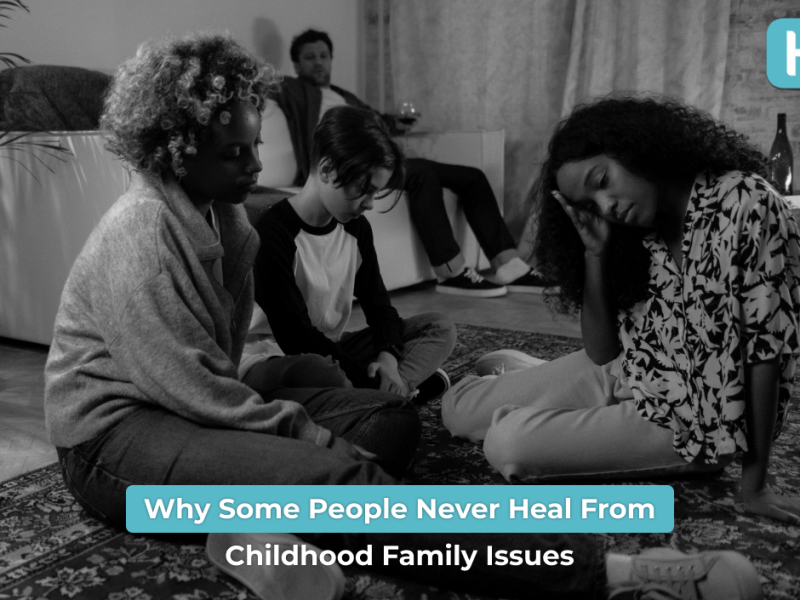Do you know the signs of mental health struggles? Sometimes these feelings become hard to detect. Common signs include feeling sad, worried, or angry for most of the day, trouble sleeping, avoiding friends, and having difficulty concentrating. Most of the easy forgetfulness, over-sleeping, or even headaches can be indicative of a mental health disorder. It is, therefore, important to pay attention to signs early enough so that the individual can receive help and get better.
When it is a sore throat, a cough, or a congested nose, it’s relatively easy to point out symptoms.
But About Mental Health Problems, Are You Not As Aware Of Signs?
Actually, mental illness might be more nebulous than that, and very few people might know about them.
Common mental health signs and symptoms are:
- Constant tiredness despite adequate rest.
- Persistent sadness, irritability, or mood swings.
- Avoiding social interactions, losing interest in activities.
- Insomnia, excessive sleep, or disrupted sleep patterns.
- Trouble focusing, making decisions, or remembering.
- Significant weight fluctuation or altered eating habits.
- Unexplained aches, headaches, or digestive issues.
- Feeling overwhelmed or helpless.
- Increased reliance on alcohol or drugs.
Sleep Issues and Disorders
Are you finding it increasingly difficult to get a good night’s sleep? Both insufficiency and excess in sleep can be symptoms of some unconscious mental diseases. In such a state, our capacity to rest diminishes when we are experiencing depression or anxiety, thus creating a circle where poor sleep worsens these conditions. Lack of sleep stalls the most important cognitive functions, such as attention and emotional regulation, thus making us vulnerable to experiencing more feelings of anxiety and depression. Conversely, oversleeping, especially when accompanied by tiredness, may indicate a serious underlying disorder, as most comorbid major depressive incidents are associated with hypersomnia. In addition, the frequent occurrence of distressing nightmares and their accompanying sensations that may seem to replay former traumas may necessitate an evaluation for posttraumatic stress disorder (PTSD).
Digestive Discomfort
Do you often feel nervous in your stomach without a clear reason? The connection between our gastrointestinal (GI) system and mental health is profound. Psychological distress can manifest as physical symptoms like nausea or cramps, as the gut and brain communicate closely about our emotional states. If you have long-lasting stomach problems and there’s no clear reason, like changes in your diet or medication, it’s important to think about whether emotional stress could be causing these issues, not just physical reasons.
Changes in Eating Habits
Have you noticed shifts in your appetite lately? Stress can affect eating behaviour very easily. Most people experiencing depression find that there is an increase in their desire-for- or cravings for food in general or for specific things. Comfort foods like carbohydrates probably taste better when they also encourage serotonin release, momentarily alleviating bad feelings. However, if your eating becomes odd or unhealthy, then it may be indicative of how you’re coping with stress, or rather, not coping well.
Lack of Motivation
Are you struggling to find the drive to accomplish even simple tasks? An indication of mood disorders that is highly significant is a drop in motivation-the longer the span of the feeling, the more significant. It often originates from problems with concentration and negative self-talk hindering general motivation. Although it is really quite common for people to procrastinate on carrying out things that they do not want to do, if an individual is unable to grasp the normal occurrences of everyday life, this is probably an indication of growing mental health issues.
Understanding Anhedonia as a Sign of Depression

How long has it been since you really felt something you once enjoyed? Anhedonia, or the loss of pleasure in activities one once found enjoyable, is a major symptom of depression. The depression maybe causes us to become desensitized to reward cues such that one may not enjoy the feel of social interaction with loved ones or the things that used to bring him joy. If this feeling persists after a couple of weeks, then it might be regarded as one of the early warning signs of depression.
Withdrawal from Social Activities
Do you find yourself avoiding social interactions more than usual? Isolation is mostly the result of mental illness, especially when associated with feelings of inferiority or fear of being judged. Whether it’s due to a lack of motivation or anxiety about social situations, withdrawing from friends and family can signal deeper emotional struggles. It’s important to recognize these patterns and consider reaching out for support.
Increased Irritability
Have you noticed yourself becoming easily frustrated or snapping at others? While often attributed to external stressors such as work or money issues, deep-down anger can be a signal of underlying psychological concerns. Chronic stress disturbs brain functions: regulation of emotions and attention, thus increasing irritation. Anger is some emotional expression, especially in adolescence, often caused by sadness or depression. Sometimes, it requires further probing and exploration.
Recognizing these signs is the first step toward addressing potential mental health challenges.
Are you ready to take the first step and connect with a Helply therapist.
Conclusion
Recognizing the signs that your mental health needs attention is essential for getting the help you need. Symptoms like trouble sleeping, changes in eating habits, and increased irritability are important to notice. By understanding these signs and reaching out for support, you can improve your mental well-being and feel better. Remember, you’re not alone—helply is available.
FAQs
What are the signs of mental health struggles?
Common signs include feeling sad, worried, trouble sleeping, changes in appetite, lack of motivation, avoiding people, and irritability.
How are sleep issues linked to mental health?
Poor sleep or too much sleep can be signs of anxiety or depression.
Can mental health affect digestion?
Yes, emotional stress can cause stomach problems like nausea or cramps.
How can Helply assist?
Helply connect you with therapists to support your mental health journey.


